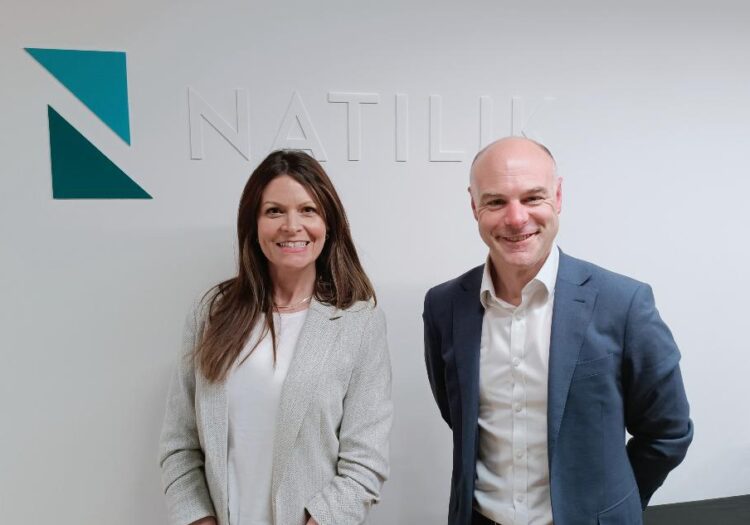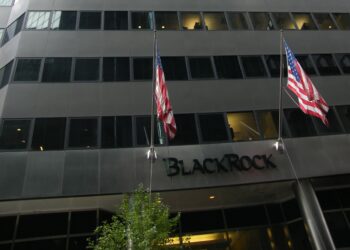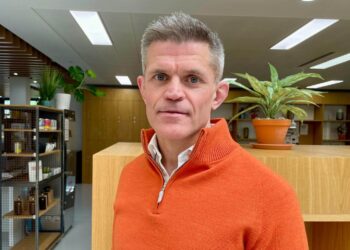Within minutes of IT Channel Oxygen arriving at their London HQ, Natilik’s UK CEO and Chief People Officer were pawing through a breakdown of its B Impact Assessment score and discussing how it might be improved.
“Community is the obvious one to target,” the latter, Kelly White, remarked.
Natilik made it onto hallowed turf last January when it bagged arguably the world’s most rigorous environmental and social sustainability certification.
But as we discovered when we dropped in for a 15-month progress report, becoming a B Corp is far from a one-and-done – and about more than just a wooden plaque on the front desk.
Blazing a B Corp trail
Although the UK B Corp community hit 2,000 last month, few UK resellers, MSPs and distributors possess the certification (as IT Channel Oxygen explored last July).
Natilik was one of the first out of the gate, with the likes of Cloud Technology Solutions, Optimising IT and Redsquid among those since gaining the status. Others, including Kerv, now have B Corp in their cross hairs.
boxxe, meanwhile, passed the B Corp audit last year but opted not to go through with the accreditation, CEO Phil Doye recently confirmed to IT Channel Oxygen.

The movement – which requires companies to balance profit with purpose – is mainly associated with B2C outfits such as FatFace, The Big Issue and Ella’s Kitchen.
So what possessed technology services outfit Natilik to want to join their ranks?
“We wanted to build a business that people wanted to work for,” UK CEO Alastair Rudman replied.
“We also knew that our clients were looking at sustainability and their supply chain. Rather than tackling it piecemeal, we looked at what was out there where we can have an accreditation that is globally recognised, but also gives us a framework internally where we can build our social and environmental awareness and impact around that.”
Scores on the doors
To pass B Corp, firms must achieve an ‘impact’ score of 80 out of 200.
Natilik scored 87.2, but now wants to improve that ahead of reassessment.
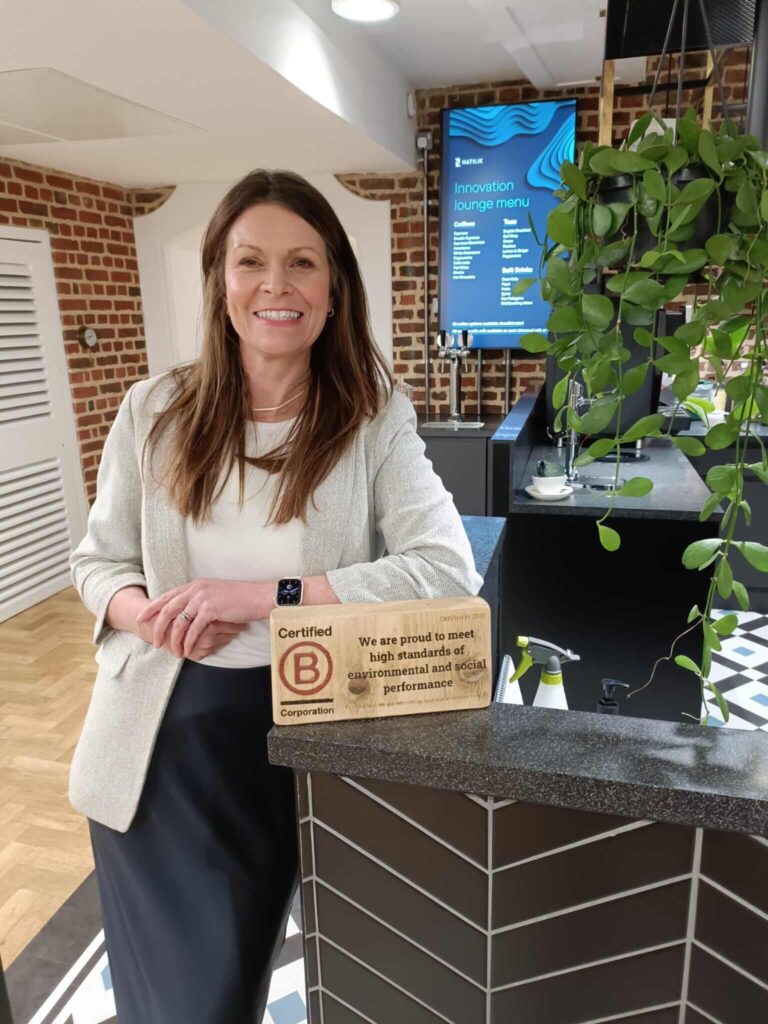
White acknowledged that its score on the community pillar – at 24% – was markedly lower than the other four, namely governance, workers, environment and customers.
“B Corp made us look at ourselves and mark our homework,” she said.
“Rather than us saying we’re good, it’s somebody else saying it – although it’s not all good. It did give us a realistic report, and we weren’t surprised with the areas where we weren’t performing as well.
“We’re starting work on a project now to look at how we can [improve the score], while making sure we stay true to the things we believe in, rather than doing it because B Corp told us to.”
Natilik’s ESG strategy is mostly about its employees, White also emphasised.
“People always think about the environment and the community, but for us we think it’s about doing the right thing in house for our people – making sure people really feel valued in the role, that we have an inclusive environment, and that they feel part of something is really important,” she said.
Spotting the signs of certification
Beyond the wooden emblem that greeted us upon arrival, what visible signs – if any – would betray Natilik’s B Corp status to a visitor?
“One of the most visible things is our communities, who typically hold quarterly events here. We had a large event a quarter ago for women in tech and 100 people came,” Rudman responded.
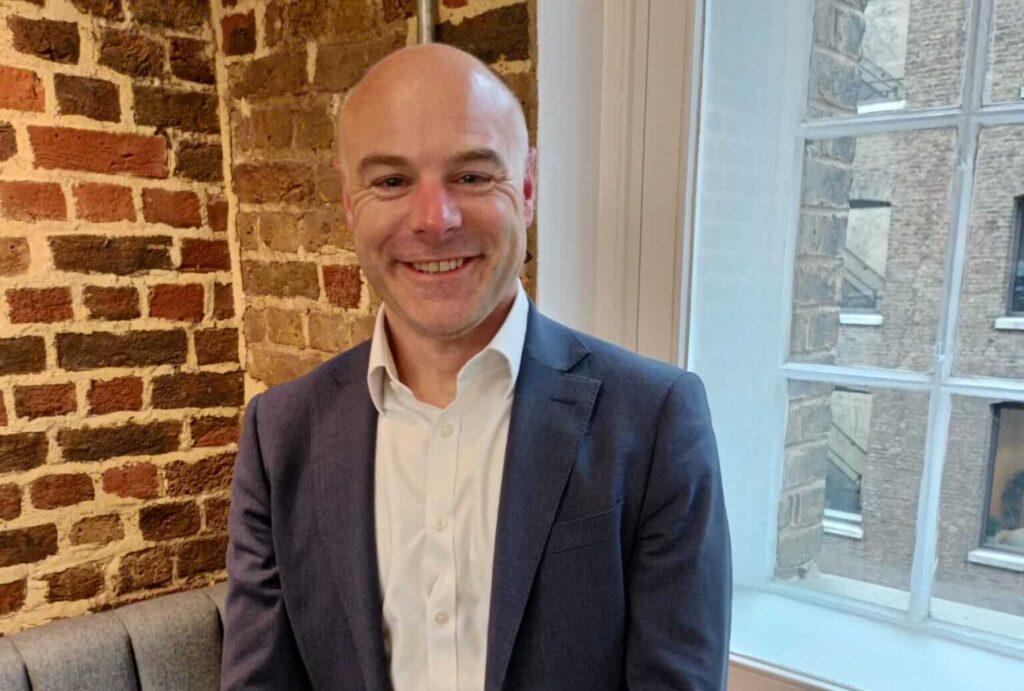
“I’ve been more heavily involved with the communities since October. Women in tech is a great example. Some 28% of Natilik identify as women. So what makes Natilik a great place to work for a woman? Help us answer that question; be the voice of the women in tech community and tell us how we can do things better.”
Women in tech is one of five internal communities Natilik now has, alongside its green team, physical health, mental health and diversity in tech communities.
Although its community score offers the most headroom for improvement, White acknowledged that Natilik’s progress here will be limited by that of its supply chain.
“We have amazing communities internally, but what’s being asked of us from a B Corps perspective is almost like scope 3 when it comes to our supply chain and the partners we work with,” Rudman added.
“If we could work with a woman-owned business, for example, that would score us more, but in our world sometimes that’s quite difficult when we’re working with distributors or large corporates from the US. So that’s a fair challenge.”
Upping the environmental ante
Gaining B Corps has also prompted the Cisco, Microsoft, Palo Alto, Juniper, Pure Storage, NICE and VMware partner to up its game when it comes to its environmental impact, White said.
An electric vehicle salary sacrifice scheme Natilik recently rolled out to employees was fully subscribed, for instance.
Natilik recently engaged one of its clients, the Energy Savings Trust, to carry out an environmental audit of the business this summer, meanwhile.
“We want to go a step further and set some net zero targets,” White added of the partnership.
“We’ve only reported [our emissions] before. We started to set some targets, but we weren’t sure, so we stepped out of that and said ‘let’s bring in the experts’.”
“Like most businesses, we’re getting to grips with Scope 1 and 2, Scope 3 needs some work, and then we’ll see what Scope 4 throws at us,” Rudman added.
“Broadly positive experience”
B Corps hasn’t received universally positive press, particularly after Brewdog had its B Corp status revoked in December 2022.

Rudman said his experiences of B Corp so far have been “largely positive”, however.
“I don’t think our expectations of B Corps is beyond it providing a great framework that is internationally recognised, which helps. It gives us a framework to keep developing internally and externally and that’s really helpful for us,” he said.
“It works for us, alongside Ecovadis, because clients want to see that we’re actually doing things and not just talking about them. Companies have definitely been guilty in the past of saying things and not doing them.
“With B Corps, you can’t fake the audit. And if you’re serious about it, you’ll keep trying to improve it. And that’s what we’re trying to do here.”
Natilik’s B Corp journey was smoothed by its commitment to having a balanced purpose for the last 15 years, White said (the team were confident it would score at least 80 in the B Impact Assessment, even without making any improvements to its processes).
“If you haven’t got senior leadership buy in, it’s a waste of time – hence why I think it’s worked at Natilik, as people like Al care about this,” she added.
White’s only plea was for more companies to join the B Corp fray.
“If everyone did a B Corp assessment, that would be great, because a score of 87.2 doesn’t mean anything to people. You have to explain it. We want more and more people on B Corps so we can start talking the same language,” she concluded.
Doug Woodburn is editor of IT Channel Oxygen


